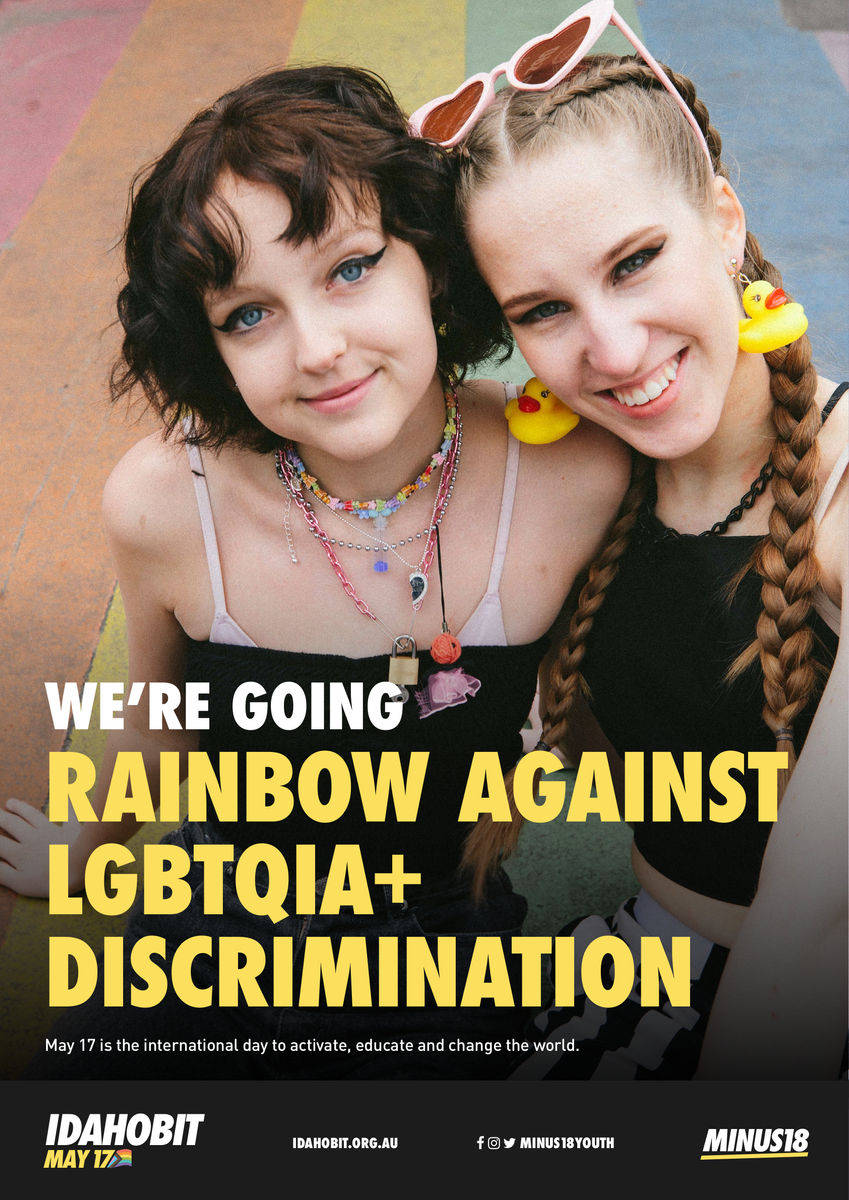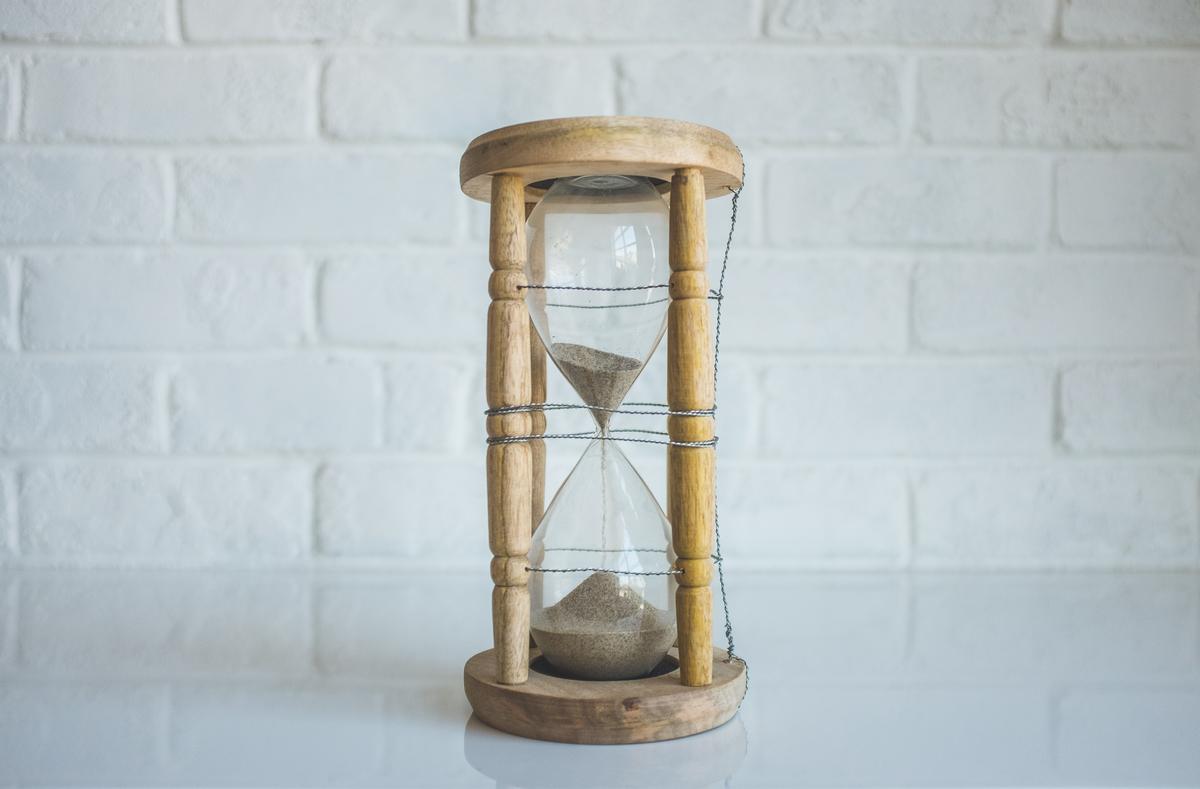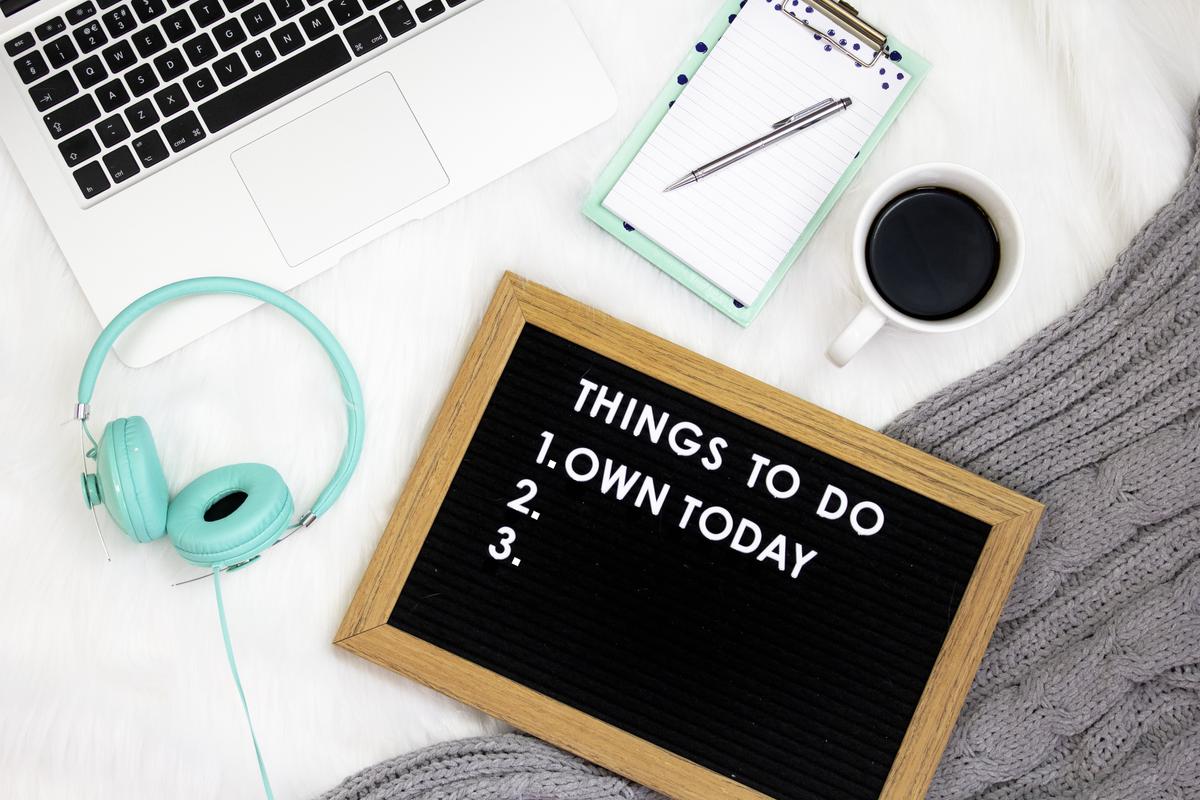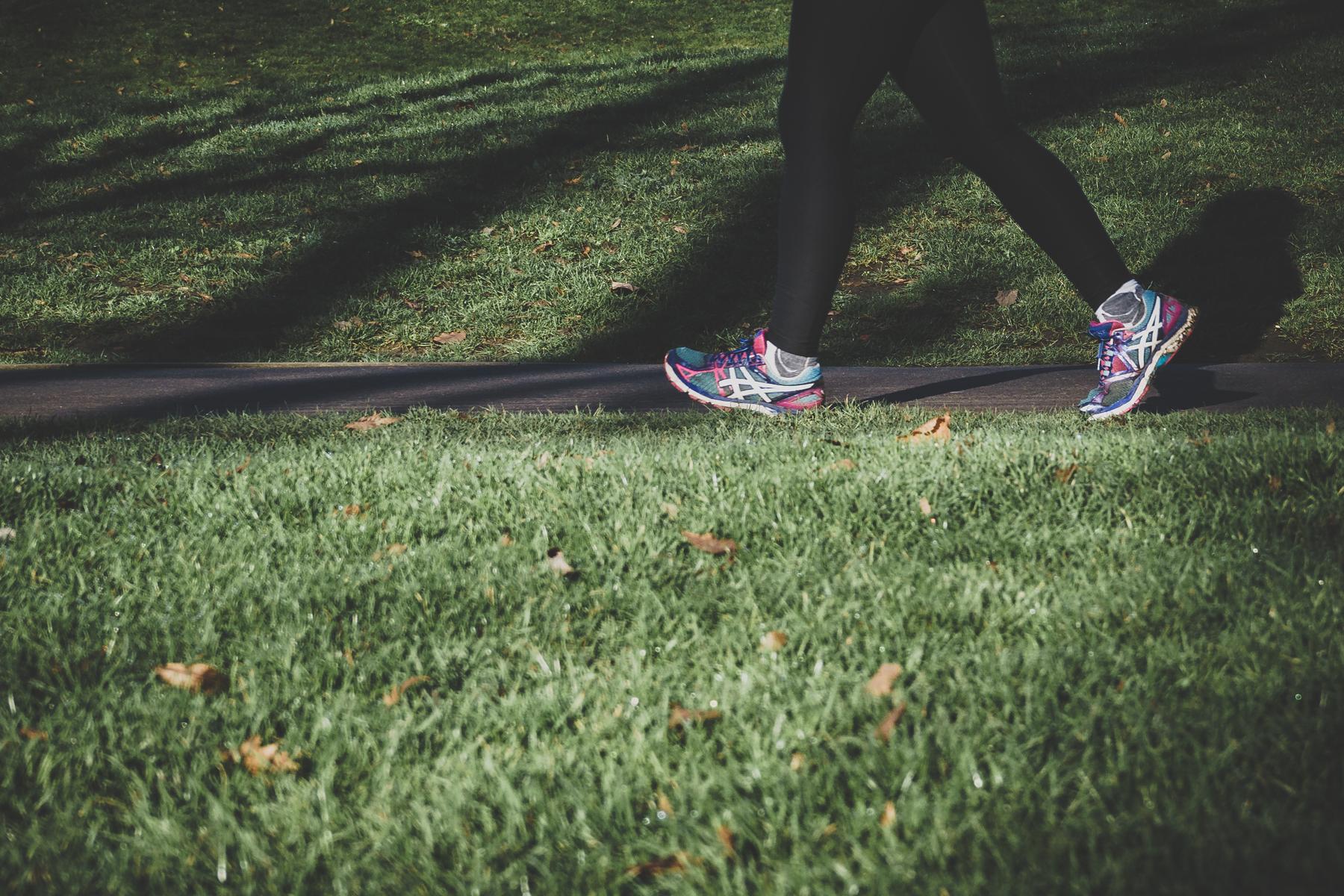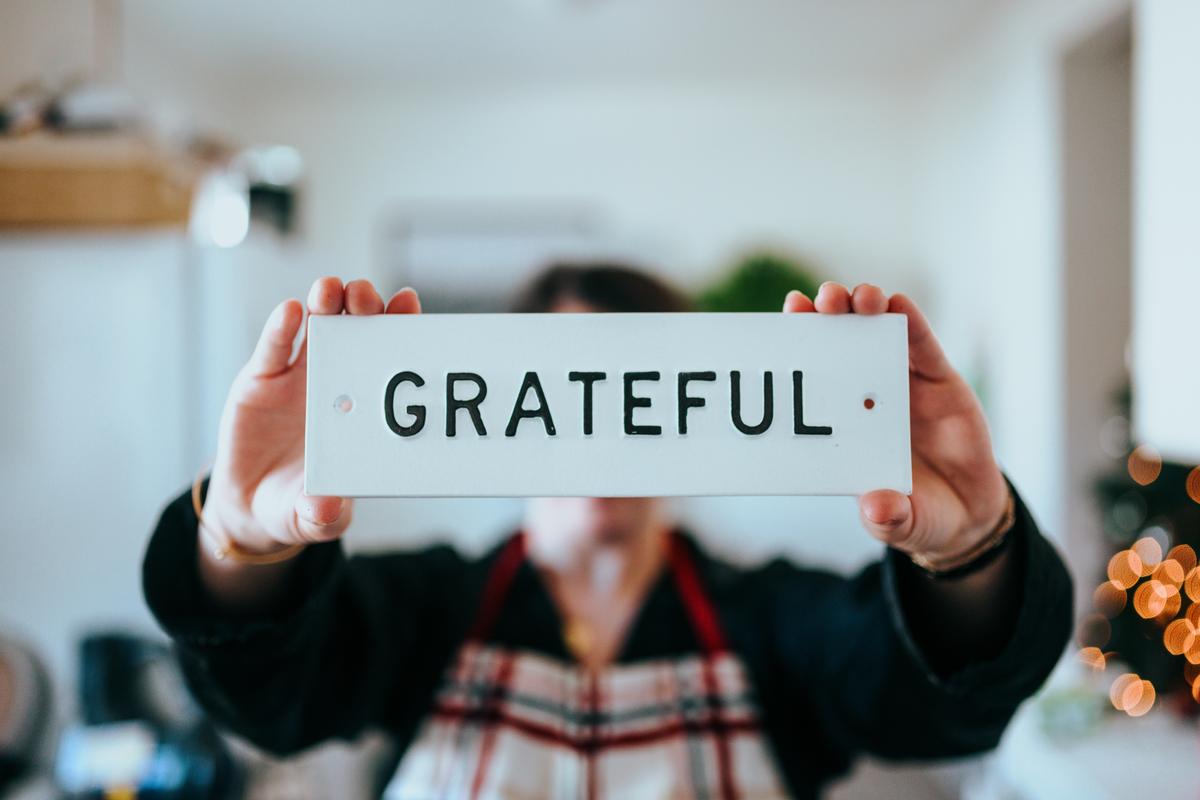Wellbeing

IDAHOBIT Day
31 years ago - on May 17, 1990 - the World Health Organization removed homosexuality from the Classification of Diseases and Related Health Problems.
International Day Against Homophobia, Biphobia, Interphobia & Transphobia (IDAHOBIT) celebrates LGBTQIA+ people globally and raises awareness for the work still needed to combat discrimination.
Stand Out is one of Minus18's most popular written resources. Created with a student audience in mind, Stand Out focuses on inspiring and creating student-led LGBTQIA+ inclusion, with sections dedicated to challenging homophobia and transphobia, forming a Stand Out group, changing language, and the importance of friends and supporters.
Top 5 motivation boosters
Many of us struggle with the motivation to do things at times. The team at Reach Out have put together their Top 5 tips for boosting motivation.
Often getting started on a task or project is the trickiest part. With these tips on hand we think you've got this.
1. Work out your ‘why’:
If you know the benefit of getting the task done, you’ll be more motivated to do it.
2. Put a timer on:
Set a timer for 20 mins and focus solely on the task at hand. Put your phone away and tell yourself you’ll procrastinate later.
3. Celebrate the wins: make yourself a ‘Ta-da’ list where you write down your achievements, no matter how small.
4. Get moving: go for a short walk or do some stretches, it’ll help you get inspired.
5. Play music: make a playlist of your fave upbeat songs and listen to them when you need an extra push.
SO, WHAT CAN YOU DO NOW?
- Read more tips on getting and staying motivated.
- Learn how to set achievable goals.
- Find apps to help you with goal setting.
The above article is an extract taken from Reach Out.
Practising Gratitude: how can it improve your mental health and wellbeing
Gratitude means recognising the things that others have done for you, as well as what you have, rather than focusing on what you don’t.
Showing gratitude can help your wellbeing in several ways, such as:
- help build new relationships or boost current ones
- help you forgive yourself and others
- reduce anger and increase empathy
- help you sleep better, give you energy and boost self-esteem
- make you appreciate what you have.
It can also give you feelings of happiness and appreciation, which in turn affects your wellbeing.
Stronger mental wellbeing means you can resist some of the things that can harm your health, like:
- using alcohol or other drugs in ways that don't help
- not practising healthy eating habits.
HOW CAN YOU ADD GRATITUDE INTO YOUR DAILY LIFE
There are several ways you can incorporate gratitude into your day-to-day life:
1.Through acts of kindness
One easy way to bring some gratitude into your life is through simple acts of kindness. These can be small and may only take a moment, like texting a family member or friend to wish them a nice day. Whilst, not a daily event, giving blood can also help you feel more grateful.
2. By showing gratitude to others
Showing gratitude can provide a boost to your mental health. Make an effort to say a genuine ‘thank you’ to others, such as checkout staff. This can inspire them to do the same for someone else. Expressing gratitude to your friends or family can often feel more difficult to do. Rather than a simple ‘thank you’, you can tell someone that you’re grateful for them doing something specific and what that means to you. This helps you be grateful for the thing they’ve done and also the person themselves, growing your sense of gratitude.
3. Create a gratitude board
A gratitude board is a physical space where you place visual representations of the things you're grateful for. These could be in the form of photos, words, and objects of the people, things and experiences you're grateful to have in your life. It can provide an excellent visual reminder of all the things you have to be grateful for.
4. Use a daily journal
Another exercise is to end your day by writing down a list of the things you’re grateful for. It can be as simple as two or three things that happened in your day and may include people, places or things. For example, you may write down that you’re grateful for a friend for sending a nice message, or a teacher who gave you helpful advice. A daily gratitude journal can help you to see exactly what you’re grateful for, giving you a better state of mind before sleep, which readies you for the next day.
Being mindful and practising mindfulness is one way to help you be more grateful.
The above article is an extract taken from Headspace.
DSC Wellbeing Team

